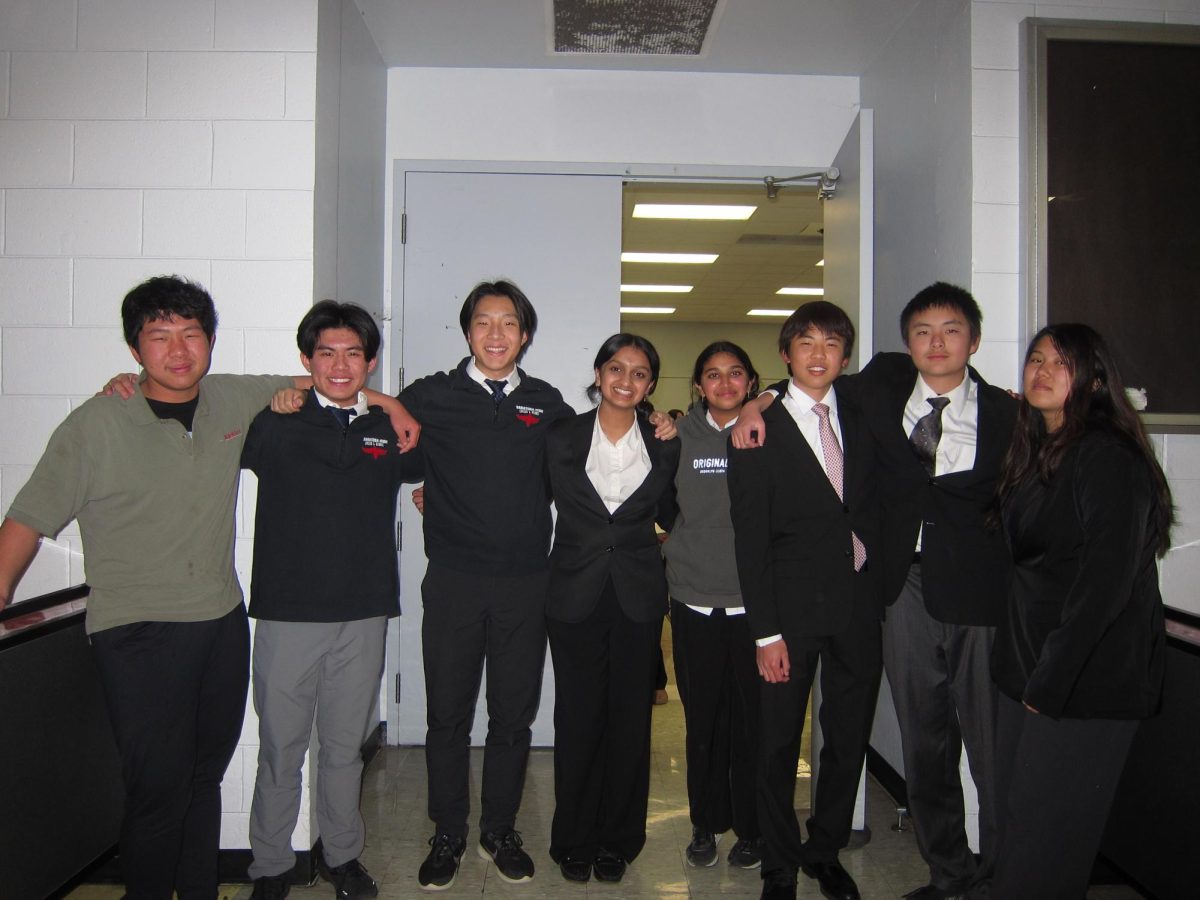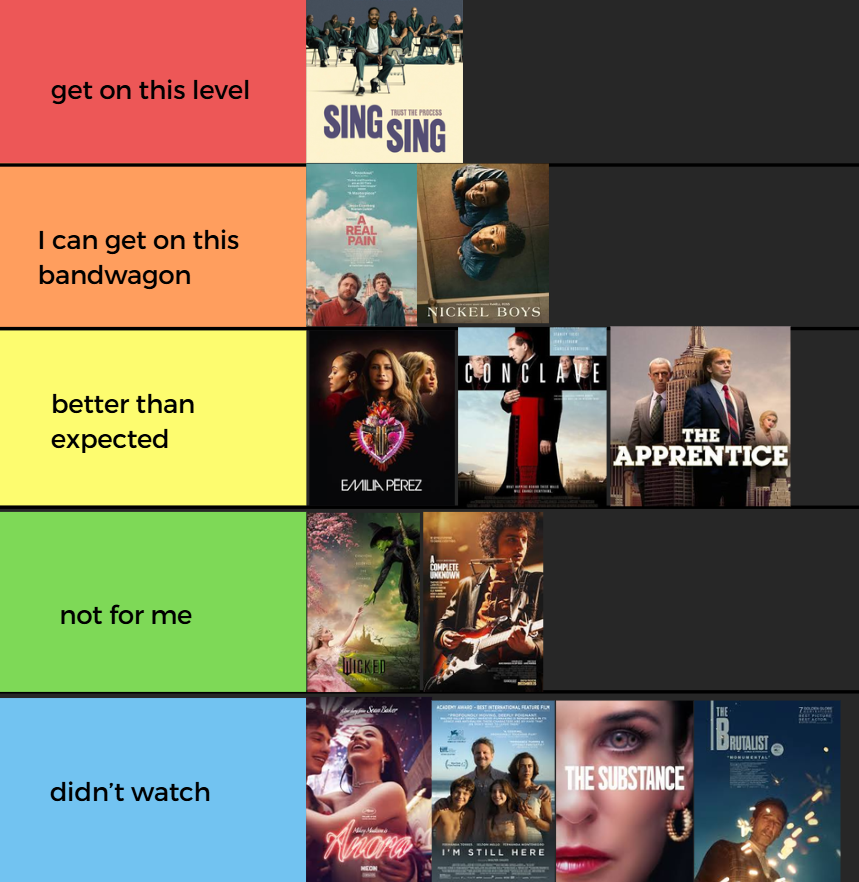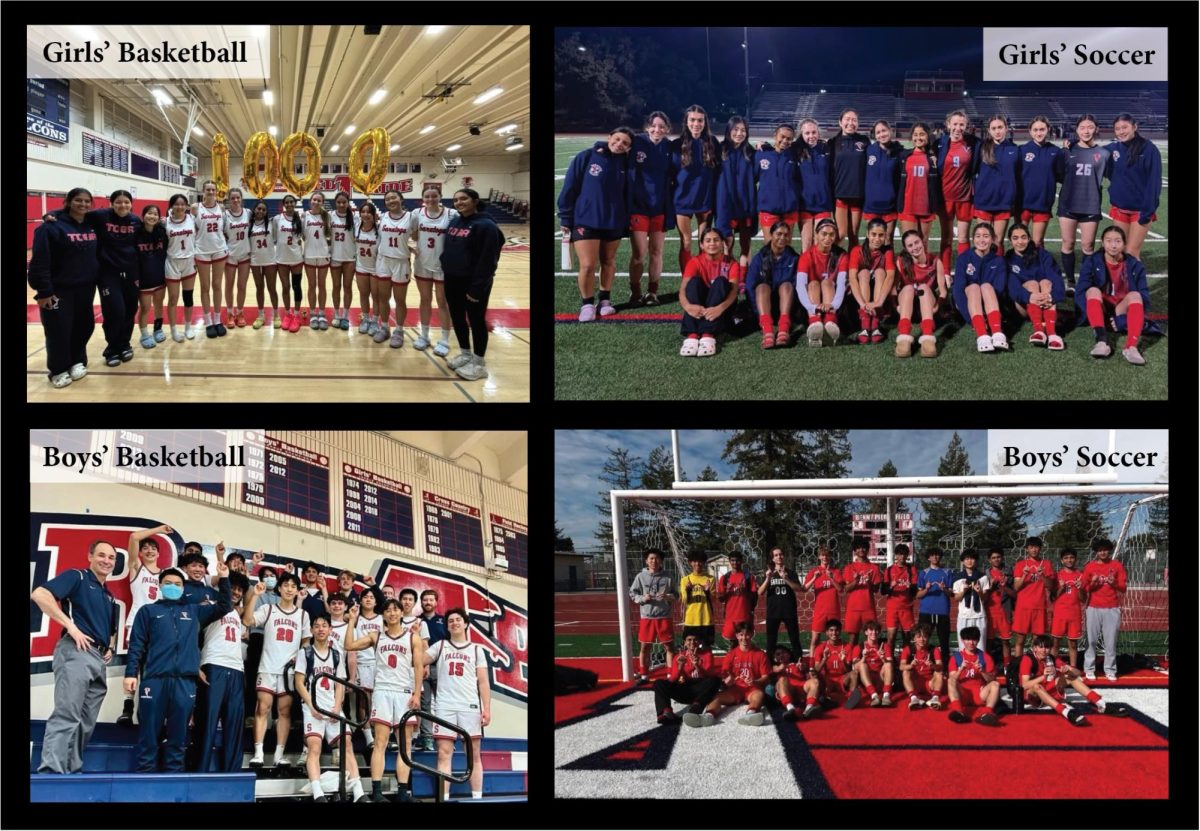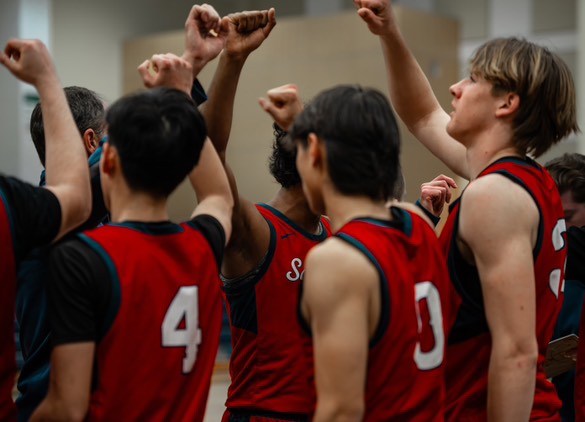As the two giants of the music program, band and orchestra sometimes butt heads over superior ability or difficulty.
“I think there’s a playful rivalry: We like to rag on each other, but we know it's not serious,” said junior Judy Yang, a violin player in Philharmonic Strings.
According to Saratoga Strings violin player junior Elizabeth Hung, orchestra members might insult the brass and woodwinds for constantly being out of tune. In turn, some band members call them “dorkestra” — in their case, used as a term of endearment rather than an actual insult.
According to Yang, jabs are often section-specific, targeting an individual instrument or a family of instruments.
“Like brass have one volume: Fortississississississimo. And you always know when band has been somewhere because of the ‘water’ hazards,” Yang said, referring to the saliva-soaked carpets band inevitably leaves behind.
The rivalry between the two extends further than music alone. Band members claim that orchestra has it far easier without a marching season stacked with 9-5 weekend practices; other times, orchestra members turn this fact against them, pointing out that orchestra is better because they can “sit in air conditioned rooms while band runs around on the field getting hella tan,” according to Hung.
Competition also sometimes stems from more serious issues such as facility usage and recognition. According to Hung, band is often acknowledged more because they go out to attend competitions, but in reality, she said, “Orchestra just plays better.” Furthermore, band players are often assigned the melody lines in Saratoga Symphony Orchestra (SSO), so orchestra tends to be “salty” toward them sometimes.
Despite their friendly rivalry, students in band and orchestra say they enjoy and appreciate the musical abilities of their “adversaries,” especially through ensembles such as SSO that combine top orchestra and band members. According to junior Caroline Okuno, groups like SSO can build respect and appreciation between players who usually play in different ensembles.
“The rivalry isn't necessarily over musical achievement,” Okuno said. “We can respect and appreciate each other as musicians, especially since there are so many great ones like Arin Chang and Thomas Lim.”
Rather, Okuno found that there was more comparison and competition over the “personality of the ensembles.” Since different branches of music make music in different ways, they tend to have different values and strengths, especially considering students have different teachers and often hang out in different groups.
“The camaraderie between the two creates some really nice music without the overpowering nature of the band or the meekness of the orchestra,” senior band major Austin Shi said. “I guess we joke about it, but whenever we have SSO, it’s always really fun just to have different people to hang around with.”

























